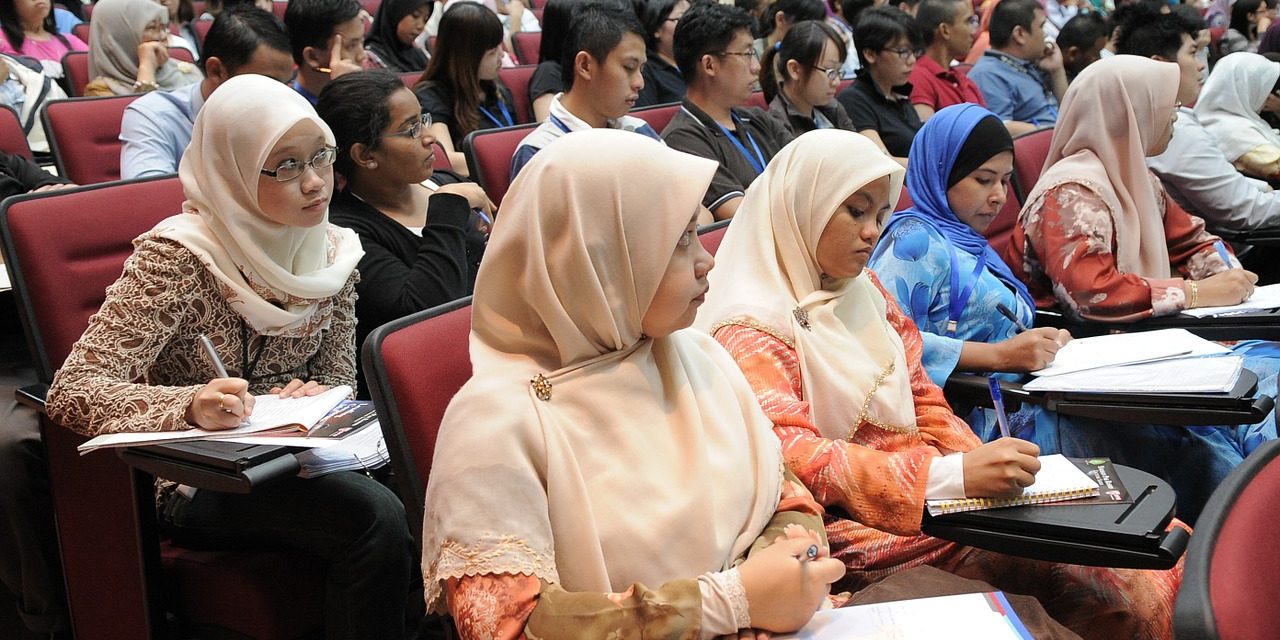At a well-attended Interest Section (IS) Meeting on Saturday, October 24, 2015, in Iowa City, Iowa, members of MIDTESOL’s Community College and Adult Basic Education IS discussed issues of concern they have within their institutions or as part of their personal recent experiences teaching English to our immigrant populations.
Concerns about student learning and progress were high on the list of “hot issues.” Many concerns center around low proficiency students who end up in classes for which they are not prepared. Teachers struggle with how to move forward with lower skill students, some of whom are below level for even beginning level ESL classes. How to adequately cover the topics and competencies allotted to a specific course and accommodate the often wide-ranging skill levels within the beginning often presents a major challenge to teachers.
Additionally, there was expressed concern about how to provide assistance to repeating students who have failed classes multiple times, and how to differentiate between language difficulties and learning disabilities in second language learners.
ESL students at the community college level often display a lack of learning skills, a lack of appreciation for higher education, and a lack of effort. Some recent high school graduates are able to speak fluently, so they don’t feel they “need ESL,” but they are unable to read or write. Additionally, plagiarism and cheating occurs in ESL classes.
Common to both Community College and Adult Basic Education classes were issues with lack of engagement outside of class, unwillingness to speak English in or out of class, and a question of how to improve student motivation.
Transitioning of students is a major concern among MIDTESOL’s CC ABE Interest Section. Transitions occur between “Early Identification Programs” to English for Academic Purposes “EAP” classes. There is a need to bridge the gap up or down between EAP courses and general education courses at college. Additionally, there is the challenge of helping students in making transitions from ABE/ESL to college or getting a high school equivalence diploma.
Most ESL students in community college or ABE ESL classes are immigrants, many of whom are refugees. It will be important to continue focusing on their needs as they, themselves, transition and adjust to life in the United States. No one knows this better than the teachers in these programs.
Elizabeth Holloway is the ESOL Coordinator and an Assistant Professor of ESOL at Kansas City Kansas Community College, Wyandotte County, KS.








